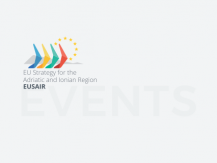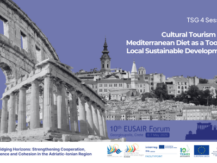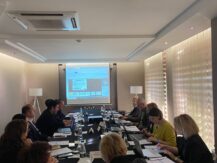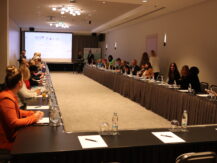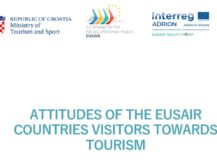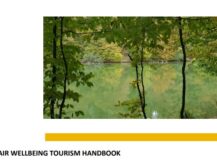PILLAR 4: Sustainable Tourism
Pillar 4 – Sustainable Tourism – aims to promote sustainable tourism in the Adriatic-Ionian Region by integrating economic, environmental, cultural, and social dimensions, fostering innovation, and strengthening resilience to global challenges such as climate change, biodiversity loss, and geopolitical crises.
The specific objectives for this pillar are
- To develop favorable framework conditions and facilitate digital and green transition with the aim to diversify and strengthen the tourism offer in the Adriatic-Ionian Region.
- To raise awareness on the opportunities of the twin transition and to develop, support and promote effective dissemination, sharing and learning on green and digital skills among all tourism stakeholders, especially destination management organizations, tourism business associations/cluster and SMEs.
- To integrate environmental sustainability throughout all tourism operations and development processes in the Adriatic-Ionian Region
To achieve the abovementioned objectives, Pillar 4 will focus on two topics:
- Topic 1 – Facilitating digital and green transition of the tourism and cultural heritage offer
- Topic 2 – Preparing for the future: knowledge, skills and management
- Topic 3 – Greening of tourism products and services
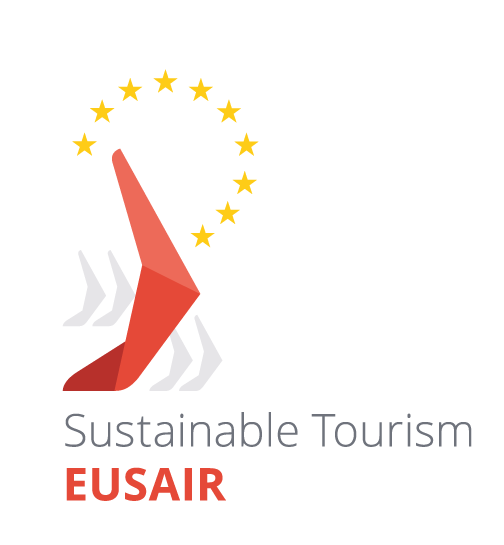


Topic 1 - Facilitating digital and green transition of the tourism and cultural heritage offer
The main objective of this topic is to develop favourable framework conditions and facilitate digital and green transition with the aim to diversify and strengthen the tourism offer in the Adriatic-Ionian Region. This will be achieved through:
- setting up macro-regional networks and routes, to promote collaboration of tourism destinations and with other innovative stakeholders at local, regional and national level, and lead to tourism services and products based on cross-border collaboration;
- supporting countries in progressing towards improved tourism data systems, that are in line with European data systems and include sustainability indicators;
- helping tourism stakeholders to develop new capacities to integrate green and digital transition in tourism strategies.
Topic 2 - Preparing for the future: knowledge, skills and management
The main objective of this topic is to raise awareness on the opportunities of the twin transition and to develop, support and promote effective dissemination, sharing and learning on green and digital skills among all tourism stakeholders, especially destination management organizations, tourism business associations/cluster and SMEs. This will be achieved through:
- increasing the level of knowledge and capacities about sustainable and smart destination management among tourism SMEs and tourism stakeholders;
- a wide adaptation of education models and skills in tourism to the new tourism trends and tourists needs including people with access needs, in particular to the digital and green transition, e.g. through corresponding courses at universities/training centers and the development/updating of national guidelines on training/education in the tourism sector.
Topic 3 - Greening of tourism products and services
The main objective of this topic is to integrate environmental sustainability throughout all tourism operations and development processes in the Adriatic-Ionian Region. This will be achieved through:
- Promoting Ecotourism, Agritourism and Fishing Tourism.
- Promoting Rural Tourism.
- Promoting the Mediterranean Diet and local Origin Products.
- Supporting cultural preservation and enhancement, recognizing and capitalizing on the Mediterranean diet and local, organic and origin products as essential components of the region’s cultural heritage and identity. This recognition serves not only as a celebration of the region’s rich historical fabric but also as a crucial element in attracting culturally minded tourists.
- Fostering sustainable economic growth, the initiative aims to stimulate economic development and diversification in rural areas. This is achieved by promoting products of origin and organic production, which are intrinsically linked to sustainable tourism practices. These efforts are designed to enhance the economic viability of rural communities and reduce the economic disparities between rural and urban areas.
- Fostering practices that enhance soil health, biodiversity, and ecosystem services, ensuring that tourism and agricultural activities contribute positively to the environmental health of the region. In terms of environmental sustainability, the focus must be on supporting the sustainable management of natural and agricultural resources.
Pillar 4 Coordinators


Flagships of Pillar 4 – Sustainable Tourism
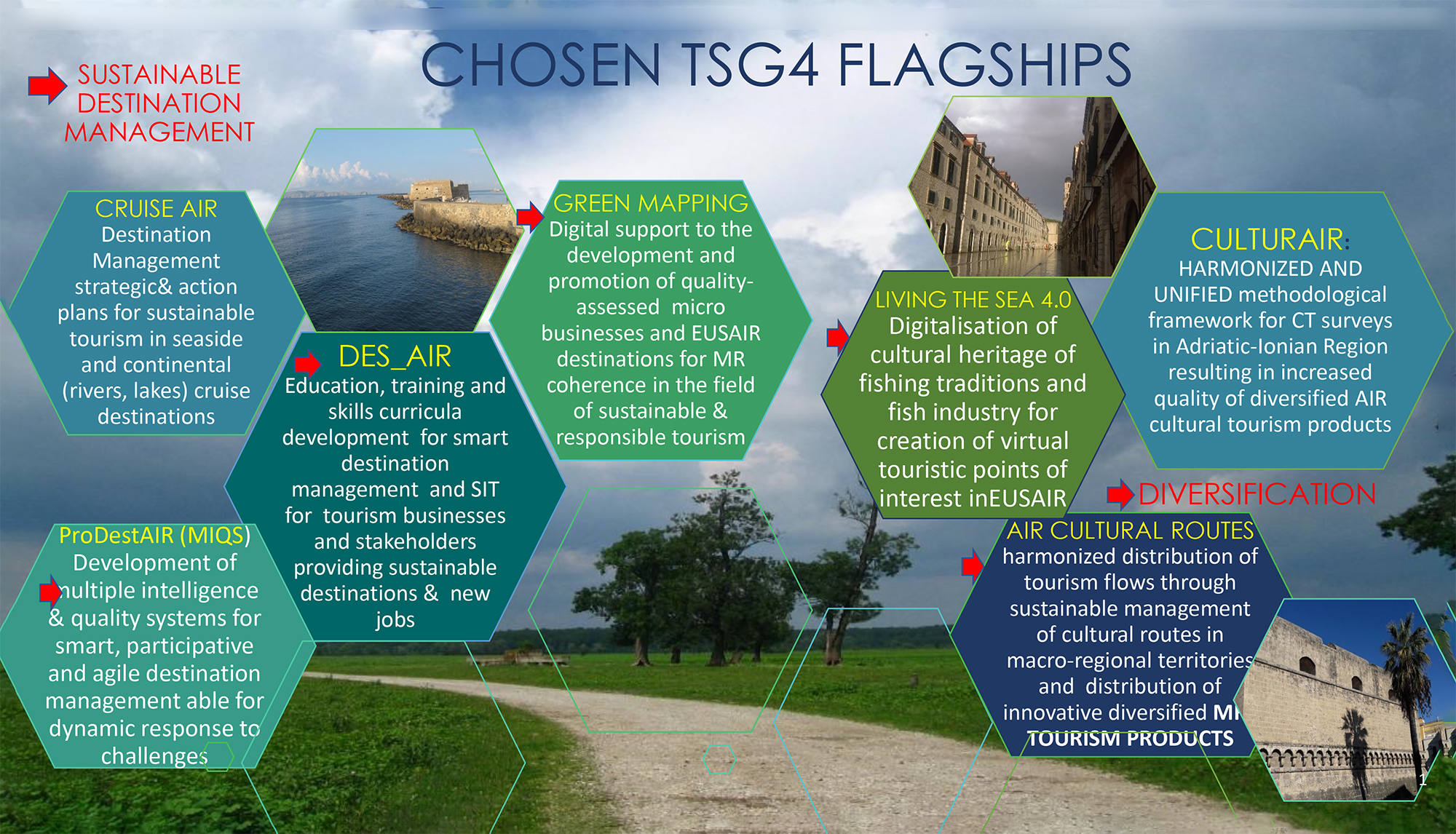
EUSAIR TSG4 selected strategic projects
For further information about pillar and topics, please see
Adriatic Sea Tourism Report: 2017 Edition
and Library.
Available Funding Sources
EASME funding opportunities: check out the call for proposals.
COSME programme: please check out the call for proposals. Also, see the COSME kick-off in Greece.
Creative Europe programme: check out the call for proposals.



